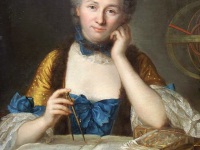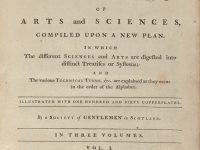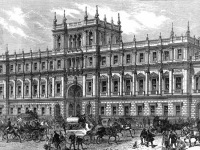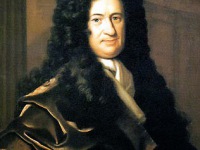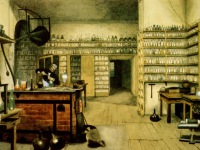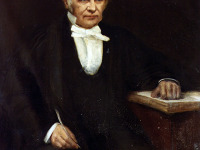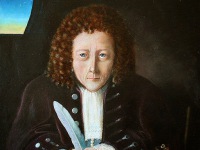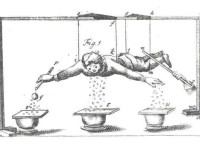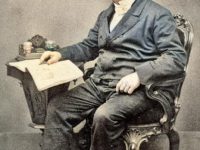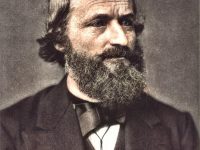A great man whose only fault was being a woman – Émilie du Châtelet
On December 17, 1706, French mathematician, physicist, and author Gabrielle Émilie Le Tonnelier de Breteuil, marquise du Châtelet was born. Her major achievement is considered to be her translation and commentary on Isaac Newton‘s work Principia Mathematica, which still is the standard French translation of Newton‘s work today. Philosopher and author Voltaire, one of her lovers, once declared in a letter to his friend King Frederick II of Prussia that du Châtelet…
Read more

